Making significant moves for major impact in child and adolescent mental health.

Making significant moves for major impact in child and adolescent mental health.
Santa Clara University School of Education
& Counseling Psychology

Sadly, child and adolescent mental health challenges have become a runaway train. Anxiety and depression rates are twice as high now as they were only a few years ago. In its recent annual survey of child and adolescent well-being, CDC reports that today “more than one in three high school students experience poor mental health.” That nearly half of students feel persistently sad or hopeless. That more young people think about suicide. And that 9% made suicide attempts.
Yet new possibilities are beginning to emerge. Notably, Santa Clara University’s School of Education and Counseling Psychology is fortifying plans, programs and personnel to help reverse these toxic trends.
New Chair. New faculty. New initiatives. New trajectory.
The strategy and commitment to solve these unmet, unprecedented needs is the brainchild of Dean Sabrina Zirkel and the Department of Counseling Psychology at SCU. And the champion for funding for the new initiative is SCU alum Sheri Sobrato Brisson, M.A. '94, whose generous gift establishes an endowed new Chair and emphasis in Child and Adolescent Mental Health at the University. The gift will also fund ongoing research and community outreach projects to promote and support improved mental health among children and teens.
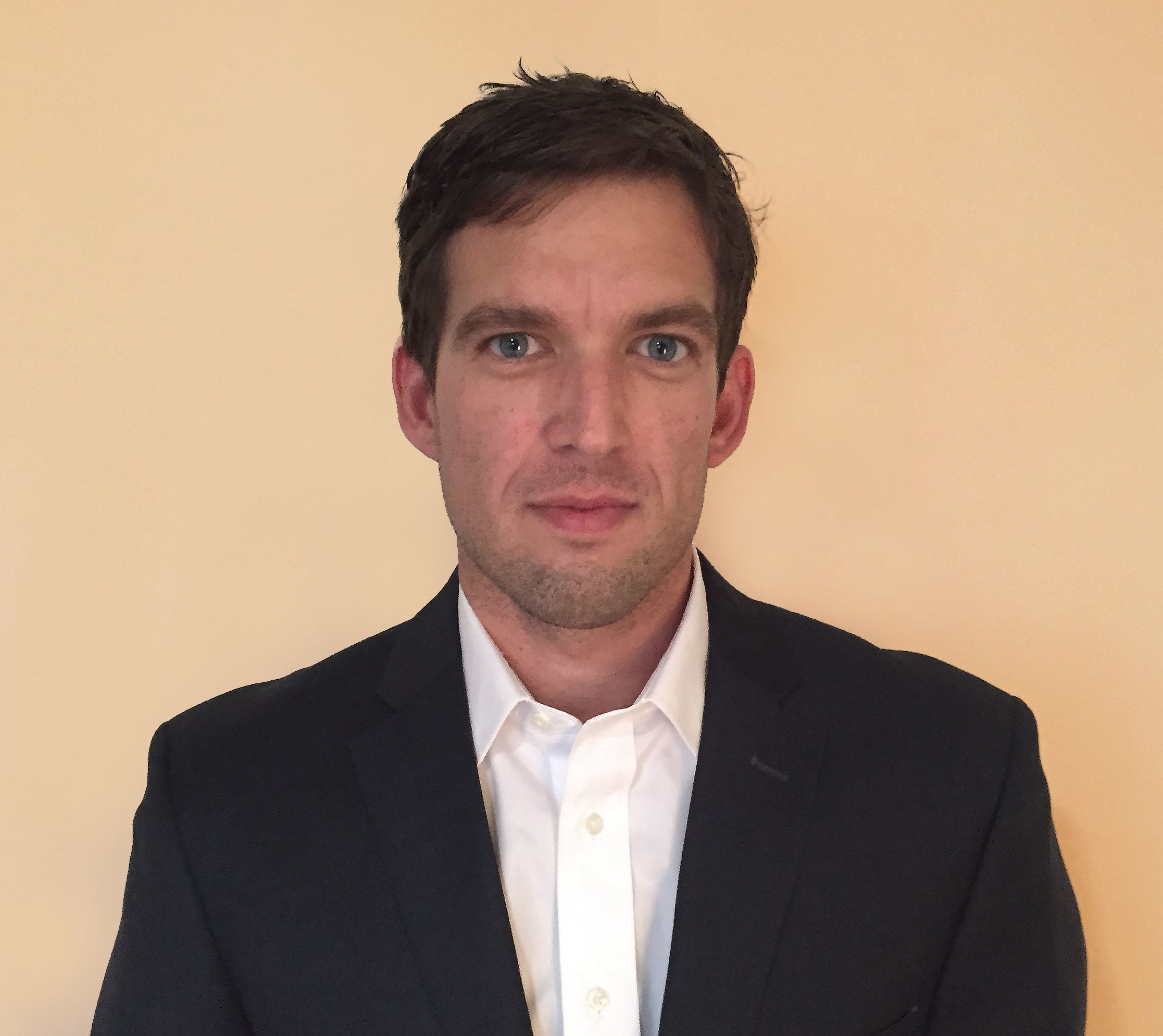
Greg Hajcak
Greg Hajcak
Endowed Chair Greg Hajcak. And The Polymath Approach.
Professor Greg Hajcak’s goal is as clear as it is compelling. He intends to design better, more practical, more accessible mental healthcare delivery systems to help more young people ASAP.
As it turns out, Dr. Hajcak is uniquely qualified to do just that. His expertise in psychology, biomedical sciences, the neuroscience of adolescent anxiety and depression, MRI research, and applying the latest advances in technology, give him the bandwidth to find inventive solutions for today's mental health challenges. All powerful reasons SCU recruited him to plant the flag for this vital initiative.
For the Professor of Psychology at Florida State who will take up his new position in Fall 2023, Hajcak reached a turning point in his career toward the end of the pandemic.
"I had spent two decades trying to understand the brain, researching anxiety and depression in young people. And while I knew scholarly research was critical, I saw that so many young people couldn't get the mental health treatment they needed. The lag time between research and mainstreaming new practices was frustrating. As a lifeline resource, we hadn't really focused enough on actually making a difference for people — for consistently improving their mental well-being."
"I couldn't help but wonder if my efforts were missing the mark. Was I going to spend another 20 years producing knowledge that might not reach people to improve their lives? So I started exploring other career options. Very quickly I discovered a harmonic conjunction. Santa Clara University, one of the top schools in the field of education and counseling psychology, had recognized the enormity of the problem. That for 30% of kids in this country, their minds were out of joint. And SCU's leadership was deeply committed to doing something substantive to reverse the spiral. I was offered the job — and as Steve Jobs said, ‘the opportunity to help make a ding in the universe.’ I jumped at it."
For Dr. Hajcak, his vision for a new child and adolescent counseling program isn't just about increasing the number of therapists prepared to work with children and teens. That's because — given the magnitude of the challenges — closing the deficit through increasing the number of therapists alone might not be possible.
“So much of the standard mental health treatment model was designed for adult patients — not with children or teens in mind…”
Instead, he sees leveraging the lessons healthcare learned from the pandemic to make a broader, more immediate impact. At the top of that list is determining how technology can enable effective new mental health treatments. He sees embracing new tech-driven models that can maximize existing resources while would-be therapists complete their training. This tactic would relieve the overburdening demands in the current healthcare system.
Another key consideration: "So much of the standard mental health treatment model was designed for adult patients — not with children or teens in mind. For example, one-hour sessions are often too long for the attention span of young children. Not to mention the challenge of getting non-driving patients to and from in-person sessions once a week. That's a huge challenge and expense some families can't manage."
But there are enormous, helpful, accessible and reliable resources waiting to be tapped. 90% of American households are now computer enabled. Dr. Hajcak knows access to digital resources and treatment are just a click or smartphone away. And that today’s young people are exceptionally facile with technology. So he has some ideas about how a re-imagined future might work differently for adolescents.
"I envision a stepped approach to care. For example, a young person going through a rough patch could review child-friendly online resources on their own clock — at their own pace. Or, if they prefer a guided approach, they could schedule a longer, one-time virtual group therapy or 1-on-1 session with a therapist or peer counselor. Patients who require more consistent care could do weekly virtual sessions — or even shorter check-ins multiple times per week by video or messaging apps."
Haycak can also imagine sending five-minute videos for clients to review during the week so their sessions could be more focused. "It may sound like a small tweak, but in practice it could mean all the difference. For example, studies consistently show that engaging social media is a significant driver of depression among young people. What if — rather than tweeting out frustration day-to-day to trolls — a young person could text a mental health professional — or access the right digital resources the moment they're needed? It could be life saving."

Instead, he sees leveraging the lessons healthcare learned from the pandemic to make a broader, more immediate impact. At the top of that list is determining how technology can enable effective new mental health treatments. He sees embracing new tech-driven models that can maximize existing resources while would-be therapists complete their training. This tactic would relieve the overburdening demands in the current healthcare system.
Another key consideration: "So much of the standard mental health treatment model was designed for adult patients — not with children or teens in mind. For example, one-hour sessions are often too long for the attention span of young children. Not to mention the challenge of getting non-driving patients to and from in-person sessions once a week. That's a huge challenge and expense some families can't manage."
But there are enormous, helpful, accessible and reliable resources waiting to be tapped. 90% of American households are now computer enabled. Dr. Hajcak knows access to digital resources and treatment are just a click or smartphone away. And that today’s young people are exceptionally facile with technology. So he has some ideas about how a re-imagined future might work differently for adolescents.
"I envision a stepped approach to care. For example, a young person going through a rough patch could review child-friendly online resources on their own clock — at their own pace. Or, if they prefer a guided approach, they could schedule a longer, one-time virtual group therapy or 1-on-1 session with a therapist or peer counselor. Patients who require more consistent care could do weekly virtual sessions — or even shorter check-ins multiple times per week by video or messaging apps."
Haycak can also imagine sending five-minute videos for clients to review during the week so their sessions could be more focused. "It may sound like a small tweak, but in practice it could mean all the difference. For example, studies consistently show that engaging social media is a significant driver of depression among young people. What if — rather than tweeting out frustration day-to-day to trolls — a young person could text a mental health professional — or access the right digital resources the moment they're needed? It could be life saving."

An imaginative platform for success.
Zoom sessions, smart links, video bursts, on-demand responses, personalized therapies, and a bevy of ideas yet to be imagined. All these compelling new mental health delivery systems show real promise. To help overcome stress, anxiety and depression, to help change attitudes and behaviors, and to help transform the lives of a generation of vulnerable and invaluable young people.
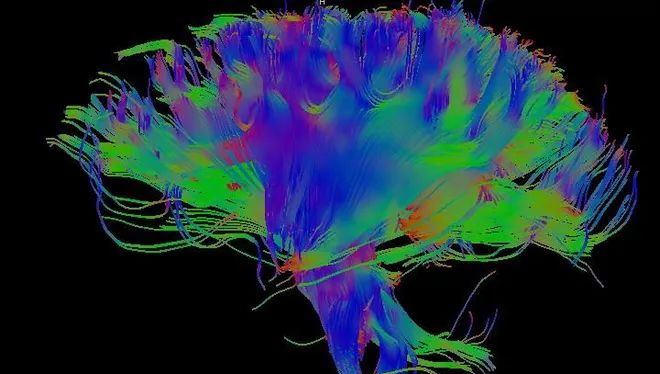
An imaginative platform for success.
Zoom sessions, smart links, video bursts, on-demand responses, personalized therapies, and a bevy of ideas yet to be imagined. All these compelling new mental health delivery systems show real promise. To help overcome stress, anxiety and depression, to help change attitudes and behaviors, and to help transform the lives of a generation of vulnerable and invaluable young people.

4 more pivotal ways to transform mental health.
Success is built on leadership. And to help ensure the new program’s success, Dr. Hajcak will be working alongside these gifted, accomplished, and esteemed cohorts.
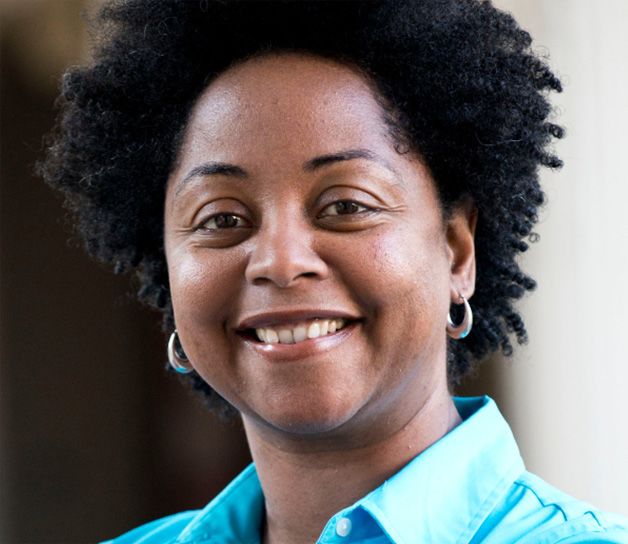
Vivian L. Tamkin joined the School of Education and Counseling Psychology (ECP) in Fall 2023 following a research post-doc at the University of Wisconsin, Madison. After a career as a therapist with young children and families, she is returning to the classroom and is engaged in research on interventions with young children, and especially supporting our understanding of Black maternal and child interactions.
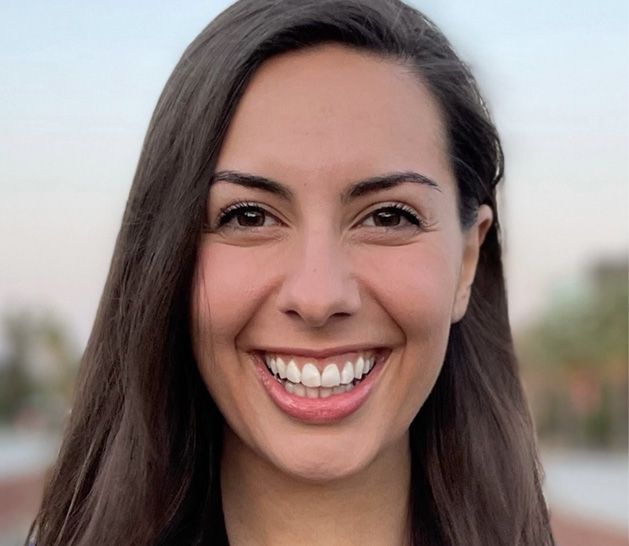
Atina Manvelian joins ECP this Fall as Assistant Professor in the CPSY Department. She is excited to teach the next generation of therapists at SCU to improve the lives of at-risk children and their families, with particular attention to addressing depression in adolescence.
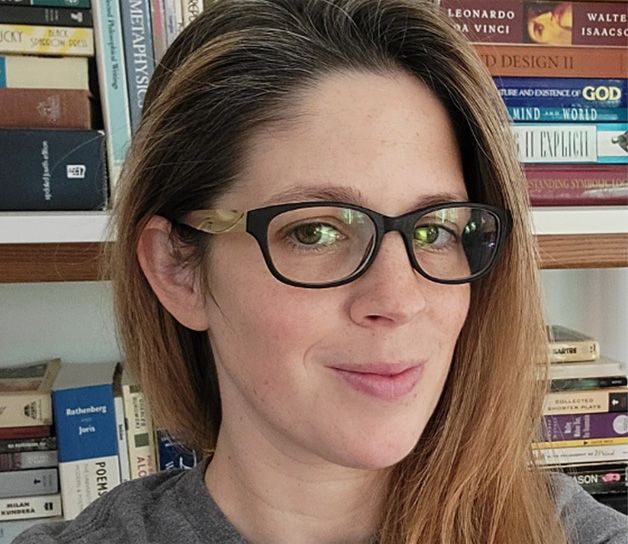
Alexandria Meyer joins ECP this Fall from Florida State University as a new Associate Professor in the CPSY Department. A clinical psychologist, her research, practice, and passion focuses on the growing mental health needs and challenges of children, especially young children.
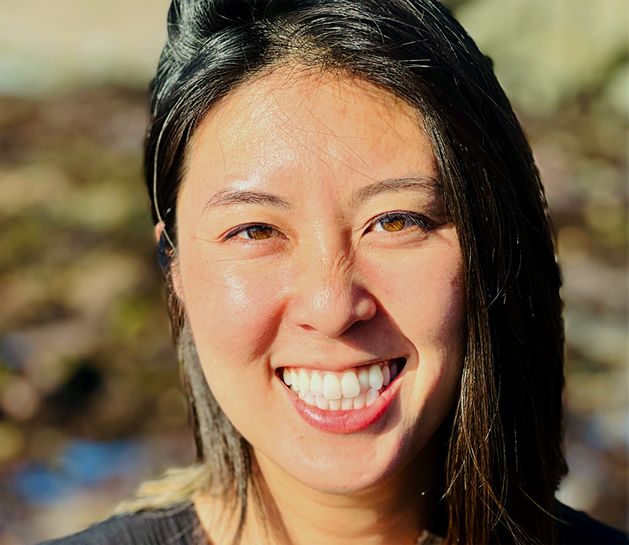
Meet Aya Inamori Williams, who will be joining us as an Assistant Professor in the CPSY Department. As a clinical psychologist who focuses on the wellbeing of children and families. She is deeply passionate about research on bilingualism and use of language as a tool to understand, manage and communicate emotions. She provides clinical services to children and families from diverse backgrounds, especially immigrant families.
4 more pivotal ways to transform mental health.
Success is built on leadership. And to help ensure the new program’s success, Dr. Hajcak will be working alongside these gifted, accomplished, and esteemed cohorts.

Vivian L. Tamkin joined the School of Education and Counseling Psychology (ECP) in Fall 2023 following a research post-doc at the University of Wisconsin, Madison. After a career as a therapist with young children and families, she is returning to the classroom and is engaged in research on interventions with young children, and especially supporting our understanding of Black maternal and child interactions.

Atina Manvelian joins ECP this Fall as Assistant Professor in the CPSY Department. She is excited to teach the next generation of therapists at SCU to improve the lives of at-risk children and their families, with particular attention to addressing depression in adolescence.

Alexandria Meyer joins ECP this Fall from Florida State University as a new Associate Professor in the CPSY Department. A clinical psychologist, her research, practice, and passion focuses on the growing mental health needs and challenges of children, especially young children.

Meet Aya Inamori Williams, who will be joining us as an Assistant Professor in the CPSY Department. As a clinical psychologist who focuses on the wellbeing of children and families. She is deeply passionate about research on bilingualism and use of language as a tool to understand, manage and communicate emotions. She provides clinical services to children and families from diverse backgrounds, especially immigrant families.
We’re planting the flag here.
Of all the unmet needs young people face today, reversing the ongoing mental health crisis deserves top priority. And starting now, the team at SCU’s School of Education and Counseling Psychology is making that their life's work. Giving young people the help and hope they need to cope.

This content was paid for and created by Santa Clara University. The editorial staff of The Chronicle had no role in its preparation. Find out more about paid content.

